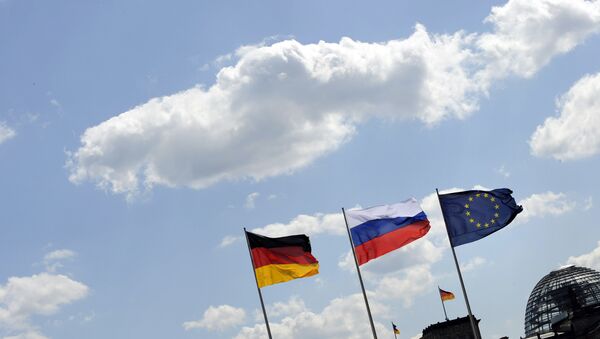The fact that the bipolar world of the 1980s is long gone, the new iteration of “eastern policy” can still adopt several methods from its predecessor, according to the article’s author.
First, Willy Brandt and Egon Bahr had a clear goal in mind – they didn’t seek to democratize the Soviet Union but to, in the long run, overcome the divide between Western Germany and other European nations.
Second, it is imperative that to solve a problem it must first be subjected to a realistic analysis in order to determine its origins.
And third, one needs to keep in mind that political changes do not take place overnight, and that in order to achieve a major objective in the future it is necessary to make small, sometimes counterintuitive steps in the present.
Soviet republics is required while others believe it impossible and push for restoring peace in Europe which inevitably leads to the "classic" issues of mutual disarmament and rebuilding trust.
The events that transpired in Russia during the last two decades clearly show that the West cannot exert any kind of serious influence on political changes within the country; and the realistic analysis of the situation suggests that there’s no politically motivated desire within Russia to affect such changes.
Therefore, the article's author believes that the West needs to rethink its new 'eastern policy', and points out that positive results are usually achieved when all sides involved work on reducing their arsenal of threats instead of expanding it.
And as for the "small steps" mentioned earlier, while keeping in mind the significant difference in opinions regarding the issues of international laws and European security, it might be a good idea for the West to keep offering Russia cooperation in select areas.



